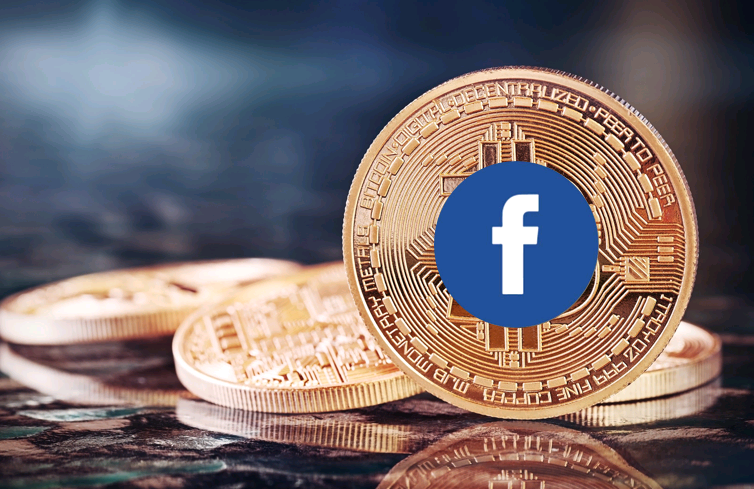Facebook Building their Own Cryptocurrency

FACTS
- Last spring, Facebook’s CEO announced they intended to work on a Blockchain and craft their own cryptocurrency.
- Work is indeed underway to build Facebook Coin: a virtual currency for the users of Facebook Messenger and WhatsApp instant messaging apps.
- In order to achieve stability, Facebook plans to peg their cryptocurrency’s value to several fiat currencies (including USD and EUR). This should make it less attractive for speculators, and of interest for the general public, i.e.: their main target.
- No less than 50 engineers are working on this project and discussions would be underway with crypto-asset management platforms to launch this currency.
- Facebook is also overhauling its existing messaging infrastructure to connect Messenger, WhatsApp and Instagram, and reach 2.7 billion regular users simultaneously.
CHALLENGES
- Entering the market for money transfer and instant messaging-based payments. With their in-house currency, Facebook could enable their users to send money and make payments as their Chinese counterpart Tencent does with WeChat. Another step towards building a transactional model.
- Also –just like PayPal and its subsidiary Venmo– Facebook will rely on their large-scale network to challenge banking institutions on a market they used to lead.
MARKET PERSPECTIVE
- Similar projects are also considered for other instant messaging apps, such as Telegram (and their future currency, Gram) or Signal (with Mobilecoin). Same applies to Line in Japan and Kakao in South Korea.
- Despite this interest, messaging companies will probably have to face the same regulatory and technological hurdles which prevented Bitcoin from achieving mainstream use and adoption.
- Crypto-assets are not subjected to central authorities and became of interest for criminals and fraudsters. Also, their inherent infrastructure makes it hard to process large volumes of transactions.
- It should eventually be reminded that investment banks have been paying more attention to crypto-assets, i.e.: Goldman Sachs and Fidelity.
